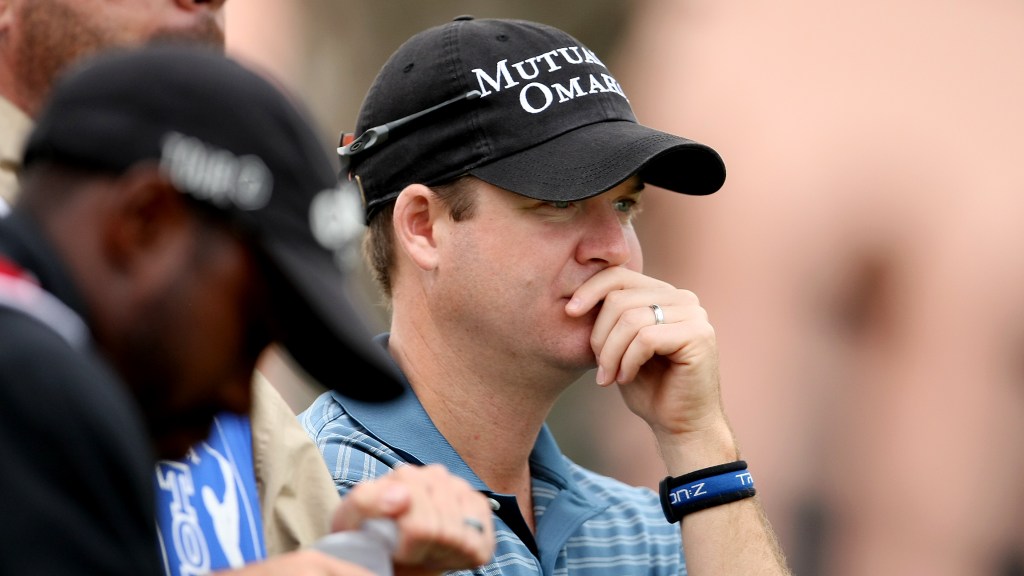Press releases issued from the PGA Tour’s Global Home are usually more noteworthy for what is omitted than what’s included, but are often so artlessly composed that a kernel of truth inadvertently reveals itself. So it is with the announcement of the slate of board members at PGA Tour. Enterprises, the new for-profit entity that will set the future shape of the men’s professional game.
The boardroom has seats for the six player-directors from the Tour’s Policy Board, none of whom have an MBA and most of whom lack a college degree. Four chairs go to Strategic Sports Group, which just invested $1.5 billion into the new company, but nothing was offered on whether those seats will be split if the Saudi Arabian Public Investment Fund kicks in a similar contribution. The Commissioner and an independent director from the Policy Board swell the ranks of the double-jobbers serving both panels, while Keith Pelley apparently didn’t hear the tune end in this game of musical chairs; his DP World Tour went unmentioned.
It’s the 13th man on the roster who warrants attention. Joe Ogilvie competed on the PGA Tour for 15 years before quitting in 2014 to become a money manager. He’s smart and personable, a man who studies the minutiae of the golf business with a fervor that most of his peers can only muster for yardage guides and conspiracy theories. Few people are more invested in or animated about the jacketed side of the PGA Tour.
Ogilvie was named to both the Tour’s governing Policy Board and to the board of PGA Tour Enterprises as a “director liaison” — a position described by HQ as an aide-de-camp for players facing the significant time commitment of serving on two boards. He will be additive and influential, and not only because he gives players a symbolic 7-6 majority in the room. But his appointment is a tacit admission that the prevailing wisdom on Tour — players should be in charge — is twaddle.
A small group of stars has largely assumed directional control of the Tour, but how well that works will depend on how those stars exercise the power they’ve accumulated. In their eagerness to show that they’re the captains now, newly empowered players risk confusing governance with management.
A board ought to focus on the former — strategic goals, organizational health and structure — while leaving operational decisions and execution to an executive team. But this is a member organization and every member has a granular list of…
..
Click Here to Read the Full Original Article at Golfweek…
